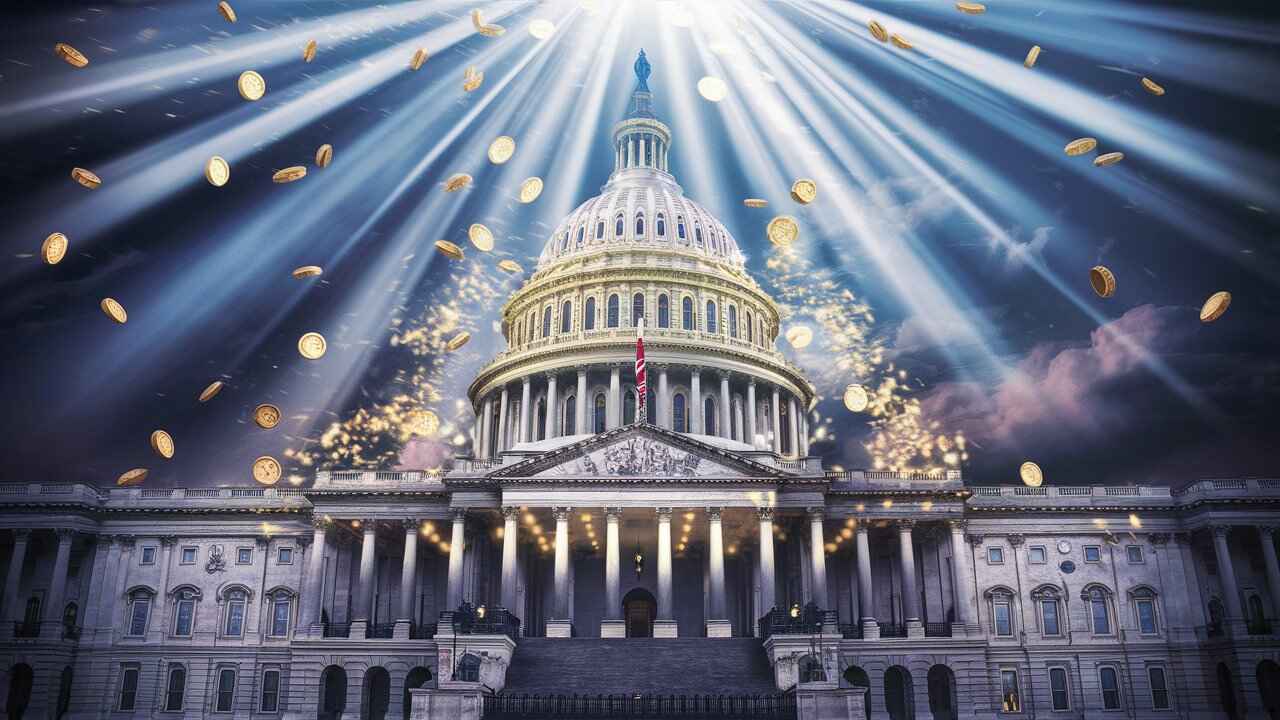The White House plans to significantly increase the share of federal contracts awarded to Small Disadvantaged Businesses (SDBs) by 50% by 2025. This ambitious goal translates to awarding an additional $100 billion to SDBs over the next five years. Currently, the target for SDBs is set at 5% of federal contracting dollars, but recent data shows that federal agencies have been exceeding this goal, awarding an average of 9.8%. The new goal aims to raise this share to nearly 15% by 2025.
Does your client base primarily consist of companies in the private sector? Are you considering expanding your reach into the public sector with a focus on securing government contracts?
Working with the government can be a rewarding opportunity. If you invest the time to learn the "ins & outs" of what it takes to be successful, it will be worth it. Many articles highlight the benefits of bidding on government contracts and may make it look easy. However, only after being fully prepared will the process become less confusing, allowing you to operate with a more straightforward approach.
The Cybersecurity Maturity Model Certification (CMMC) was built to safeguard sensitive unclassified information across the Defense Industrial Base (DIB) by addressing the gaps in prior regulatory requirements.
The new version (CMMC 2.0) focuses on the most advanced cybersecurity standards while minimizing barriers to compliance. Now is the time to start your company’s assessment. As we get closer to implementation it will be more difficult to get the assistance you need.
"Follow the money" is a catchphrase popularized by the 1976 docudrama film All the President's Men, suggesting that political corruption can be exposed by tracing financial transactions. While this term gained prominence in the 1970s, the underlying principle has been around for centuries. The Latin phrase Cui bono?, meaning "to whom is it a benefit?", encapsulates the idea of understanding who gains from financial actions.
On December 27, 2021, President Biden signed the FY22 National Defense Authorization Act (NDAA) into law, authorizing nearly $800 billion in defense spending.
The national defense total in the 2022 omnibus spending bill is $782 billion, reflecting a 3.9 percent increase over the administration’s request for 2022 and a 5.6 percent increase over the 2021 appropriations. This total includes $13.6 billion for emergency military and humanitarian aid for Ukraine as Russia’s conflict with the country continues.
70% increase in eligible industries will expand contract opportunities for certified women owned businesses.
As we wrap up National Women’s Month, let’s review the program designed to level the playing field for women business owners. The government limits competition for certain contracts to businesses that participate in the Women-Owned Small Business (WOSB) Federal Contracting program. This program facilitates contracts for specific industries where WOSBs are underrepresented. Some contracts are restricted further to economically disadvantaged women-owned small businesses (EDWOSBs).
We are now in the period during which agencies become sharply aware that they need to deploy any remaining budget before the end of the fiscal year or risk losing that funding in the following year. During this period, Federal agencies have historically committed approximately 31% of all contracting dollars. Government contracting officers will be looking for qualified contractors to provide needed products and services.
The Biden administration has announced a new initiative of "increasing the share of contracts going to small disadvantaged businesses by 50 percent by 2026 - translating to an additional $100 billion to small disadvantaged businesses (SDBs) over the 5 year period." These plans were announced on June 1, 2021, the 100 year anniversary of the Black Wall Street massacre in Tulsa, Ok.
Join the GCA Family
Only 22% of federal contracting dollars are awarded to small businesses. Our goal is to be an agent of change by helping businesses owned by women, minorities, and veterans to get their fair share of the opportunities in the government market.









